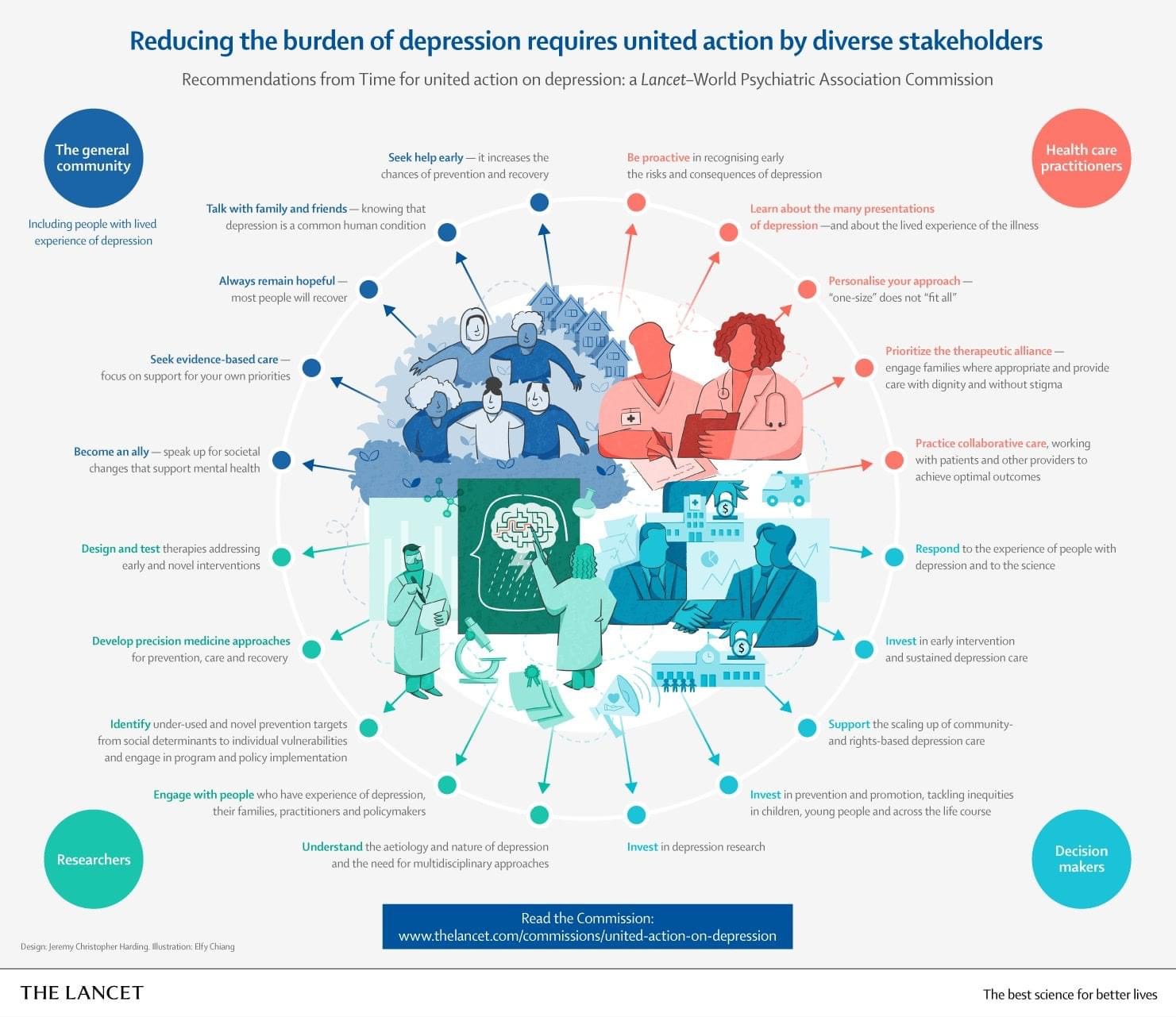There are few experiences in one’s life that are deep and impactful. Graduate school was definitely one of them…
In my opinion, this process [earning a PhD] is a true representation of knowledge. It is passive like a slow growing vine germinating its first bud at the base of a building. Then, it grows into a profoundly influential, full-fledged vine that covers the whole structure of the building at whose base it started at.
Journey: Scenic view outside of a moving train window. Image credit: 白士 李 (CC0)
Ask any graduate student, and they will tell you that graduate school is not a place for the faint-hearted. Just like any jaw-opening, thrill-seeking action movie, there are mysterious, shady characters wanting to put you down, as well as a kindhearted stranger that makes the journey bearable. As I reflect about my journey as a cancer biologist, I feel that my story here at Indiana University- Bloomington (IUB) can be described in a few words – confidence, structure, purpose, and knowledge. Let me tell you what I mean.
Confidence
With only 2% of the American population with a doctorate degree, discussing with a lay person about what it means to get a Ph.D. is not really a conversation starter. Moreover, as the first person in my family to get into a Ph.D. program, it was not a journey that I was prepared to travel. As an undergraduate at California State University- East Bay, a “teaching” as opposed to a “research” university like IUB, I also did not have many opportunities to talk to someone about what a Ph.D. entails.
As I would soon realize, however, coming into such an unfamiliar world with no idea what to expect and with a fierce passion to succeed can only lead to one thing: Imposter syndrome, the feeling that unlike everyone else around you, you alone are a complete fraud. It took a while to figure out what this meant or that this was a real feeling that (almost) everyone, including me, actually felt.
Yet, when one is in a cohort of young, bright and intelligent people from all over the world with varied experiences in research, imposter syndrome was a given. From the competitive rush to choose the ‘right lab’, to the rigorous class schedule to get everyone on the same baseline, I suddenly felt that everyone knew more than me and that I hardly knew anything at all. Additionally, the need to fit in was so strong that we felt the need to go to great lengths to make our voices heard.
I was fortunate to find a graduate student initiative for women of color in STEM. It was amazing, and incredibly helpful, to meet people in Ph.D. programs across IU that were going through a journey similar to mine and to discuss the challenges we all faced in a safe, non-judgmental environment.
Structure
Graduate school started just like any structured college schedule with classes at the same time every week. Attending the same classes with your cohort, working in labs when not in class, and doing homework whenever you had a free minute from an experiment’s incubation periods – this was the weekly rhythm. Structure was also there in the rules that one follows when conducting an experiment.
But, I found this clear structure to be an illusion. As much as I could plan and schedule my day, it could all be thrown out of the window at a moment’s notice. Why you ask? Well, for one thing, the cancer cells that I use for my experiments have a mind of their own. One day they would refuse to grow properly. So, my carefully planned schedule of only working weekdays was slashed in place of full time work on Saturday and Sunday. Another day, a chemical that everyone uses to do a routine experiment was mysteriously missing. So, I spent one extra hour haggling with another lab to use the chemical, just so that I could finish the experiment and not waste days’ worth of work.
Purpose
Graduate school is an all-consuming pursuit that energizes me to keep on working hard and achieving. From writing grants, to grading the undergraduate class’s exam, to finally figuring out that finicky lab protocol, it provided me with a purpose.
There is an irony to reading nonstop for four hours looking for perfect papers to cite, just to add one single sentence in your grant. Or looking for days on end to find the original paper for the right protocol for your experiment, only to realize that: “No, you can’t continue with the experiment because the machine is not available.”
But, there are days when you hear the golden words like: “great presentation”, “commendable amount of work done”, or a simple “good job”—that make all the hard work worth it in the end.
Knowledge
It is incredible and painfully humbling to track the growth of a graduate student. There is nothing more beautiful than the development of a first-year graduate student, who is not sure about their research, to seeing them defending a thesis at the end of their fifth year. I remember my friend, Jessica, who studied the environment in which ovarian cancer cells survived. I was mesmerized at her presentation and understood everything – this was something that every speaker aims for, but only few can achieve it.
As a first-year student, it was awe-inspiring to witness research defenses, like watching unicorns from a mystical world. This last milestone that a graduate student needs to pass to officially become a doctor seemed way too far-fetched and something a first-year like myself was NOT capable of doing. Going from there to second year committee meeting to taking ones qualifying exams is a sight to behold.
I don’t think I realized how much I had learned until my qualifying exams. Being able to answer every question that my committee threw at me was heartwarming and unreal. Gone was the unsure, unknowing first-year student, who was replaced with a knowledgeable, eloquent, well-versed Ph.D. candidate. In my opinion, this process is a true representation of knowledge. It is passive like a slow growing vine germinating its first bud at the base of a building. Then, it grows into a profoundly influential, full-fledged vine that covers the whole structure of the building at whose base it started at.
But graduate school as a paradox. With every good experience, there are three unexpected and trying experiences. Graduate school is different for everyone. But every word used to describe it—from the heart of the passionate naïve first-year student to the somewhat cocky third-year, to the overworked fifth-year – all the words are conceivably true. With so many moving parts encompassing the graduate school experience, it is really hard to describe it as anything other than a paradox.






